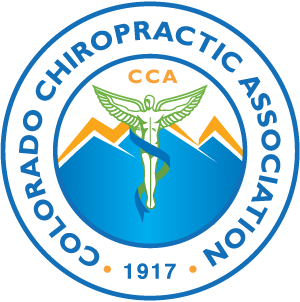Unfortunately, scammers are taking advantage of fear and anxiety to defraud the public, including health care practitioners, during the Coronavirus pandemic. These schemes may come in the form of phishing phone calls seeking personal and financial information, or as online sales of bogus testing and “treatments” for COVID-19. The FTC, FDA, IRS and other agencies have provided excellent information about the types of communication that should raise an immediate alert and to which you should not respond.
Stimulus Payments
One form of scam is for the caller to steal economic impact payments intended for recipients as relief money ($1,200 individual/$2,400 couple/$500 per child). The FDA has clarified that recipients don’t need to do anything, as long as they have filed taxes for 2018 and/or 2019, and that recipients should not give anyone personal information to “sign up” for the check. For more details, see the FTC website here and IRS information on economic impact payments.
Of course, scammers will no doubt attempt to obtain personal information from persons who are eligible for other forms of government relief, such as payment protection money and unemployment compensation, during the pandemic. As always, the CCA strongly recommends not giving any information during a phone call and not clicking on links contained in an email from unknown senders. There is more than sufficient information online to allow individuals to verify the steps necessary to obtain and process stimulus funds. Any required phone contact should be initiated by the eligible person after verifying the correct phone contact information online.
Unapproved Products and False Advertising
In March, the FTC and FDA sent warning letters to seven sellers of unapproved and misbranded products, claiming they can treat or prevent the Coronavirus. This month, the FTC sent warning letters to 10 more companies. The unapproved products include supplements called an “ANTI-VIRUS KIT” and intravenous (IV) “therapies” with high doses of Vitamin C. The FTC says the companies have no evidence to back up their claims, as required by law.
Some of the FTC’s letters challenge products sold online; others challenge treatments offered in clinics or for use at home. The U.S. Food and Drug Administration (FDA) continues to say there currently are no products proven to treat or prevent the virus. The CCA recommends that doctors be vigilant in products they purchase and advertise for use during the pandemic. For more details, see the FTC release here.
